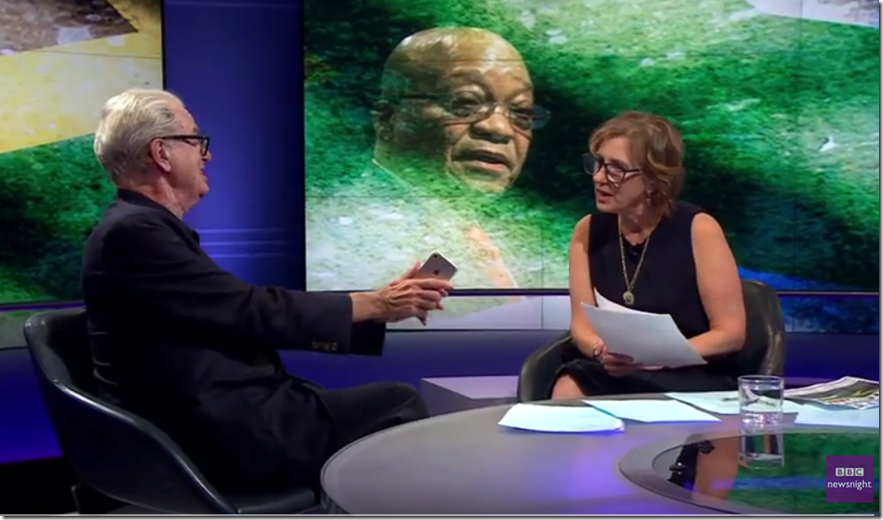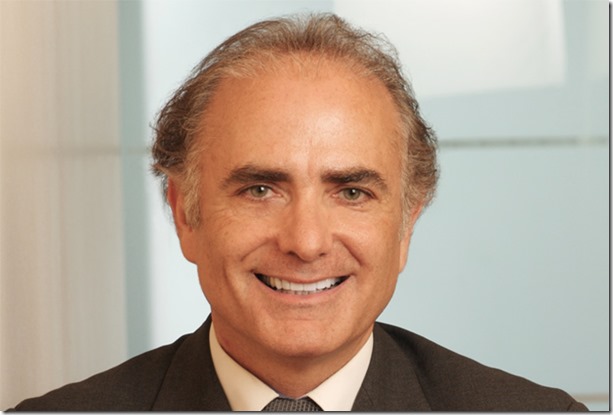Why You Shouldn’t Evade, Obfuscate, Spin, Dodge Or Waffle
When some people learn that I’m a media trainer, their first reaction is to say, “Oh, so you teach people how to spin?”
I patiently explain (usually) that ethical media trainers don’t teach people to spin, since effective communication requires answering direct questions and offering authentic responses that don’t feel canned.
Evasion, obfuscation, spinning, dodging, hedging, sidestepping, and waffling doesn’t usually work.

If you’re going to refuse to answer direct and obvious questions, should you turn down the interview?
Carlos Gutierrez, Co-Chair of the Romney Campaign’s Hispanic Steering Committee, proved the point when he appeared on CNN’s Starting Point with Soledad O’Brien last week. O’Brien’s rather direct question? “What is Mitt Romney’s position on SB 1070?” (SB 1070 refers to the controversial Arizona immigration policy.)
As you’ll see, Mr. Gutierrez was completely unprepared to offer a direct response. And she hammered him for it.
Even more damning, Ms. O’Brien played a clip from Rick Gorka, the Traveling Press Secretary for the Romney campaign, in which he, too, refused to comment on SB 1070.
After watching these exchanges, the public is left to conclude only one thing: The Romney campaign is terrified of the issue, wants to sidestep it, and isn’t willing to take a principled stand on immigration policy in either direction.
If I had been preparing Mr. Gutierrez for this interview, I would have told him that his answer was insufficient – especially because Ms. O’Brien is known as a challenging interviewer who asks tough follow-up questions. I would have advised him to either answer the question more directly or to bail on the interview altogether. Ms. O’Brien was right to press him for a direct response—I wish more interviewers followed her lead—and Mr. Gutierrez should have been willing to offer a better answer.
But that’s just my opinion. What’s yours?



I think he should have declined the interview because based on the lack of answers from two people, it’s not him or Gorka, necessarily…it’s the campaign/candidate. One guy might not have been prepared, but two guys giving the same canned responses? Nah, that’s the communications/PR team avoiding the issue and trying to swivel the guns by making accusations about the competing candidate. It’s “avoid making a commitment on this issue and try to distract the press.” That’s politics in a nutshell. They might as well yell “Squirrel!”
Kim,
Thanks for the smart comment and the “Squirrel!” line, which made me laugh.
Good media guests can occasionally get away with a redirect, but it didn’t work in this case at all. Perhaps the Romney campaign calculated that an ambiguous and unsatisfying interview was better than one in which he had to take a stand on the issue. But I agree – if that’s what they’re thinking, it would have been better to turn down the interview.
Thanks,
Brad
I agree that most politicians won’t take a stand on a hot issue, or they try to be on both sides of the issue.
Nonetheless, I think it’s a fair response for Romney to say that he doesn’t take a position on the AZ law; but, he favors allowing states to enact the law AZ did.
The problem is that he, and his spokesmen, are not saying the first part (“no position”) and are only hinting at the second part (“it’s fine if AZ wants it”).
I agree with the Romney spokesman that it’s not just a “yes or no” answer. However, he should give a direct answer. Romney (and/or spokesmen) can give a direct answer by saying explicitly what he has been saying implicitly.
If you’re not prepared or able to give a straight answer to the toughest of questions, then you should not go in front of the camera.
As you rightly say, anyone prepping Mr. Gutierrez would have predicted these kind of follow-up questions would have been forthcoming.